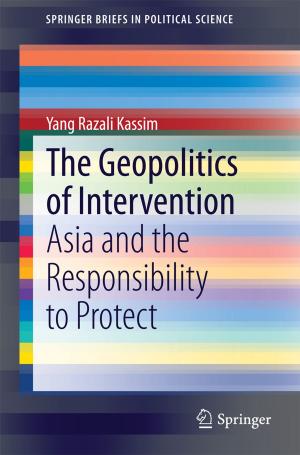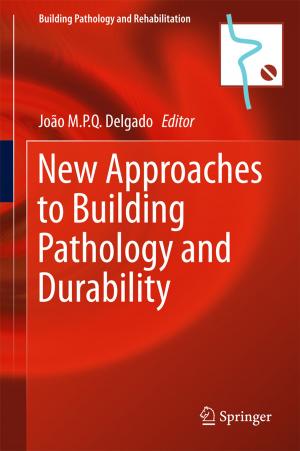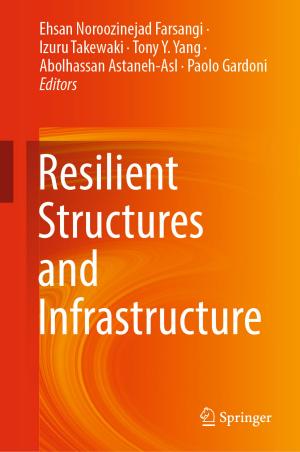Ravine Lands: Greening for Livelihood and Environmental Security
Nonfiction, Science & Nature, Technology, Agriculture & Animal Husbandry, Nature, Environment, Environmental Conservation & Protection| Author: | ISBN: | 9789811080432 | |
| Publisher: | Springer Singapore | Publication: | May 2, 2018 |
| Imprint: | Springer | Language: | English |
| Author: | |
| ISBN: | 9789811080432 |
| Publisher: | Springer Singapore |
| Publication: | May 2, 2018 |
| Imprint: | Springer |
| Language: | English |
This book, the only one of its kind on ravine lands, reflects the significant advances made over the past two decades in our understanding of gully erosion, its controlling factors, and various aspects of gully erosion. It also addresses central research gaps and unanswered questions, which include historical studies on gully erosion to better understand the different stages of their formation; appropriate measuring techniques for monitoring or assessing the geological and hydrological parameters and processes involved in gully development; interaction of hydrological and other soil degradation processes; ecology and biodiversity of fragile ravines; impact of climate and environmental changes on soil erosion processes; development of effective and reliable gully erosion models; effective gully prevention and control measures; watershed-based management options; and ravine rehabilitation policies.
The present book is a highly timely publication and deals with various aspects of ravine ecology and rehabilitation of degraded lands, particularly with the aid of biological approaches. As such, it offers a valuable guide for all scientists working in the fields of soil conservation / rehabilitation and agroforestry, students, environmentalists, educationists, and policymakers. More importantly, it focuses on the rehabilitation of one of the world’s most degraded and fragile ecosystems, ensuring the livelihoods of resource-poor farmers and landless families living in harsh ecologies that are more vulnerable to climate change.
This book, the only one of its kind on ravine lands, reflects the significant advances made over the past two decades in our understanding of gully erosion, its controlling factors, and various aspects of gully erosion. It also addresses central research gaps and unanswered questions, which include historical studies on gully erosion to better understand the different stages of their formation; appropriate measuring techniques for monitoring or assessing the geological and hydrological parameters and processes involved in gully development; interaction of hydrological and other soil degradation processes; ecology and biodiversity of fragile ravines; impact of climate and environmental changes on soil erosion processes; development of effective and reliable gully erosion models; effective gully prevention and control measures; watershed-based management options; and ravine rehabilitation policies.
The present book is a highly timely publication and deals with various aspects of ravine ecology and rehabilitation of degraded lands, particularly with the aid of biological approaches. As such, it offers a valuable guide for all scientists working in the fields of soil conservation / rehabilitation and agroforestry, students, environmentalists, educationists, and policymakers. More importantly, it focuses on the rehabilitation of one of the world’s most degraded and fragile ecosystems, ensuring the livelihoods of resource-poor farmers and landless families living in harsh ecologies that are more vulnerable to climate change.















